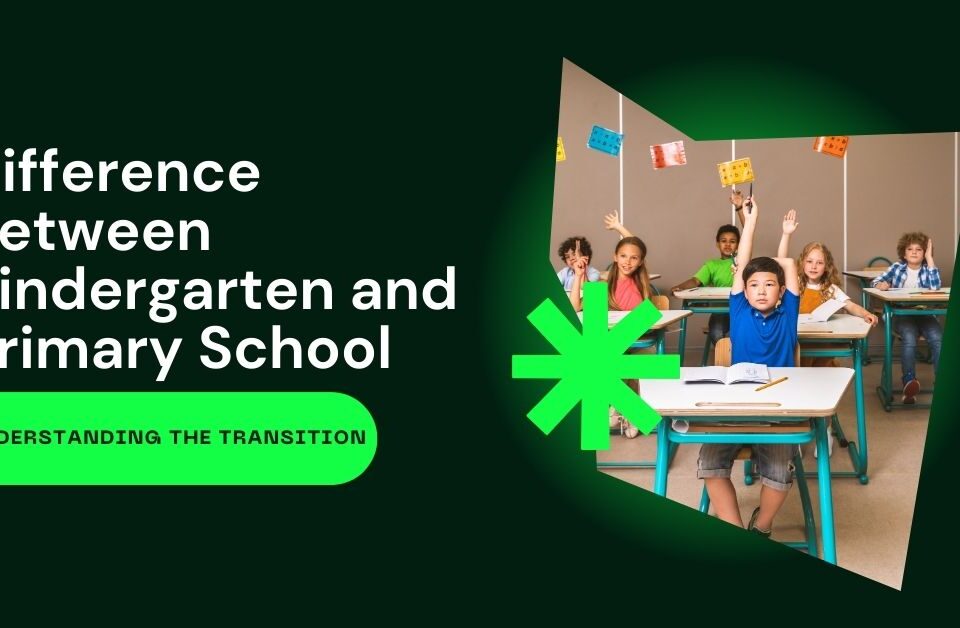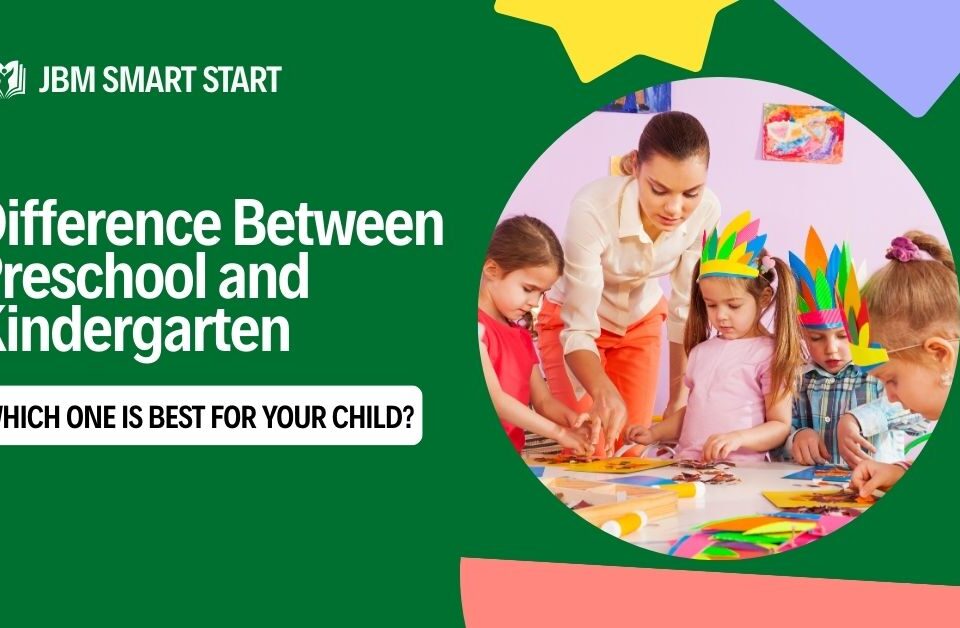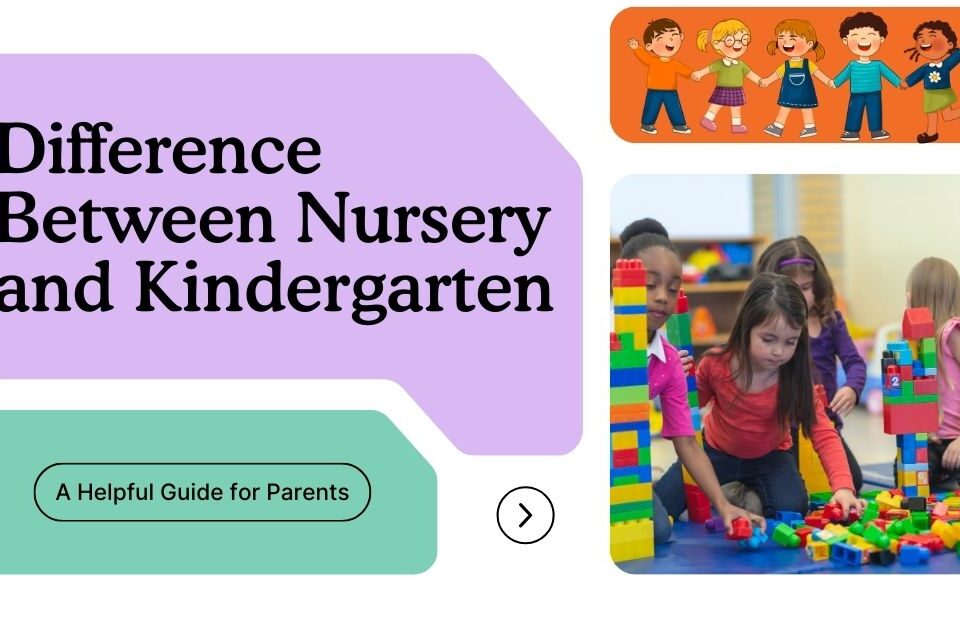
List of Young Ones of Animals
July 12, 2023
25 Independence Day Activity Ideas For Students at School
August 11, 2023Why Preschool Education is Important?
Getting your children into early learning helps in their steady growth. Attending preschool helps children to develop cognitive skills, socialize with other children, and learn general life skills. It gets them ready for school and studies beyond.
Preschools are the first step when it comes to helping children learn life lessons and get an understanding of the things around them. It also helps them gain confidence as there are creative plays, exploration, and positive reinforcement.
Children can get to learn a lot by getting admitted to a preschool. This stage of schooling holds high value for both parents and children. Understanding the importance of preschool education is crucial before deciding to enroll your little one. JBM Smart Start – one of the best playschools in Greater Noida believes in strengthening the foundation.
Read this to know why your kid should get into preschool as per the following understanding and conviction.
What is Preschool?
Preschool is an early childhood education program designed for children typically between the ages of three and five. It serves as an introduction to formal education, providing a structured and nurturing environment.

The little ones engage in fun activities and develop important skills. Recognizing the importance of preschool paves the way for a strong educational start with an ambiance suitable enough to make them more curious.
Also Read: Tips To Choose The Right Preschool
Importance of Preschool
1. Fosters Creativity and Curiosity
Little ones are very active when they get into the creative learning environment. Preschools elaborate their imagination which helps the students to be more creative. They get to explore a different environment that helps them to develop their ideas.
They get curious about new things and tend to inquire, ask questions, and learn. With proper interactions with adults, children develop these skills and get a kickstart to creative learning.
2. Teaches Language Skills
Little ones start to grasp linguistic skills in a language-rich environment. In preschools, the teachers are trained to strengthen the language skills of the children including new vocabulary during snack time, art, and other activities.
This helps the children to learn new words and the formation of sentences in a fun manner. It’ll also help them remember what they learn during the activities.
Teachers in preschools provoke questions in the children and help them learn during creative play, singing, or while talking about books.
Also Read: Importance Of Team Work At An Early Stage
3. Promotes Self-confidence
In preschool, the different activities let children do things by themselves. This invokes self-confidence in them and also makes them less dependent on older ones.
They learn to wash their hands by themselves, remove their shoes, go to the washroom, organize their belongings at the right place, and more without needing help from teachers or parents.
4. Strengthens Academics
Students get introduced to pre-literacy and pre-math skills in pre-schools. It means students are learning and growing with the presence of tools and stationery.
In such surroundings, children get the opportunity to develop motor skills and learn how to write properly. Several preschools have smart board technology in their academic curriculum.
Teachers should train the students to use such technologies. Using such technologies, children tend to grow well. As an added interest, JBM Smart Start has added next-generation interactive panels to make learning interactive in all classrooms.
Also Read: 5 Crucial Life Skills Kids Must Learn In Pre Primary School
5. Teaches Decision-making
Preschool provides a safe and structured environment for children to make choices and decisions independently. Through age-appropriate activities and games, children learn to weigh options, make decisions, and take responsibility for their choices. This fosters critical thinking skills, problem-solving abilities, and autonomy, preparing them for future decision-making tasks.
6. Teaches Them to Look After Themselves
Preschool encourages self-care and independence in young children. They learn essential skills like dressing themselves, using the bathroom independently, and maintaining personal hygiene.
These activities promote self-confidence, self-reliance, and a sense of accomplishment. By learning to take care of themselves, children develop essential life skills that will serve them well as they grow. Initially, we provide nannies to guide them to be self-assured and gradually wear them to be independent.
7. Develops Cognitive Skills
Preschool is designed to stimulate children’s cognitive development. Through a variety of activities, such as storytelling, puzzles, building blocks, and hands-on experiments, children enhance their thinking, memory, problem-solving, and language skills.
Preschool activities focus on developing pre-math and pre-literacy skills, such as number recognition, letter sounds, and vocabulary, laying a strong foundation for future academic success. Our Foundation school envisions the kids’ future success.
Also Read: How To Make The Best Time Table For Study?
8. Invokes Social Skills
Preschool provides an excellent platform for children to interact with their peers, teachers, and other adults. They learn vital social skills such as sharing, taking turns, cooperating, and resolving conflicts.
Engaging in group activities and playing together helps develop communication skills, empathy, and understanding of diverse perspectives. These early social interactions foster emotional intelligence and support healthy relationships later in life.
9. Teaches Caring for Each Other
Preschool acts as a bridge between home and formal schooling, offering children opportunities to develop social, emotional, cognitive, and physical skills necessary for a successful transition to kindergarten and beyond.
By learning to take care of each other, developing motor skills, experiencing structure, and gaining readiness for kindergarten, children acquire a solid foundation for their ongoing educational journey.
Also Read: School Which Explores Effective Learning Methods
10. Provides Structure
Preschool offers a structured environment that introduces young children to routines, schedules, and classroom expectations. By following a predictable daily routine, children learn about time management, organization, and responsibility.
They become familiar with the concepts of order, predictability, and transitions, which are essential for their future academic success. The structure of preschool helps children develop self-discipline and a sense of security in their learning environment.
11. Prepare Them for Kindergarten
The preschool serves as a stepping stone for children transitioning to formal education in kindergarten. It provides a smooth transition from the home environment to a structured classroom setting.
Through activities that focus on pre-academic skills like letter recognition, counting, and early literacy, preschool prepares children for the academic demands they will encounter in kindergarten.
Moreover, the socialization and self-help skills learned in preschool equip children with the necessary tools to thrive in a school setting. This is one of the reasons why preschool is important.
Also Read: Preparing Children For Kindergarten Pre Primary Education And Beyond
12. Makes Them Self Dependant
Preschool encourages children to express their unique personalities and develop a sense of individuality. Through various activities, children are given opportunities to make choices, explore their interests, and engage in self-expression. They learn to communicate their thoughts and feelings, building self-confidence and a positive self-image.
JBM Smart Start – The Best Preschool in Greater Noida nurtures independence by providing age-appropriate tasks and responsibilities to the kids, such as tidying up their belongings or completing simple tasks. This fosters a sense of accomplishment and autonomy, preparing children for future challenges and responsibilities.
Concluding
Getting children admitted to preschool is a smart choice as they build a smarter school student. Preschool students leave the school developing social, cognitive, and emotional skills. Plus, children grasp things faster when they enter the school for upper classes.
Frequently Asked Questions
1. What are the benefits of preschool education?
There are numerous benefits of preschool education including:
- Children become creative and curious in a preschool environment.
- Boosts their confidence
- Helps children follow instructions
- Develops social and emotional skills
- Helps in decision-making
2. At what age should a child start preschool?
It is recommended to start school at the age of 3 or 4.
3. Can preschool education help with social skills?
Yes. It helps children socialize with peers, share the same interests, do fun activities together, and communicate.




